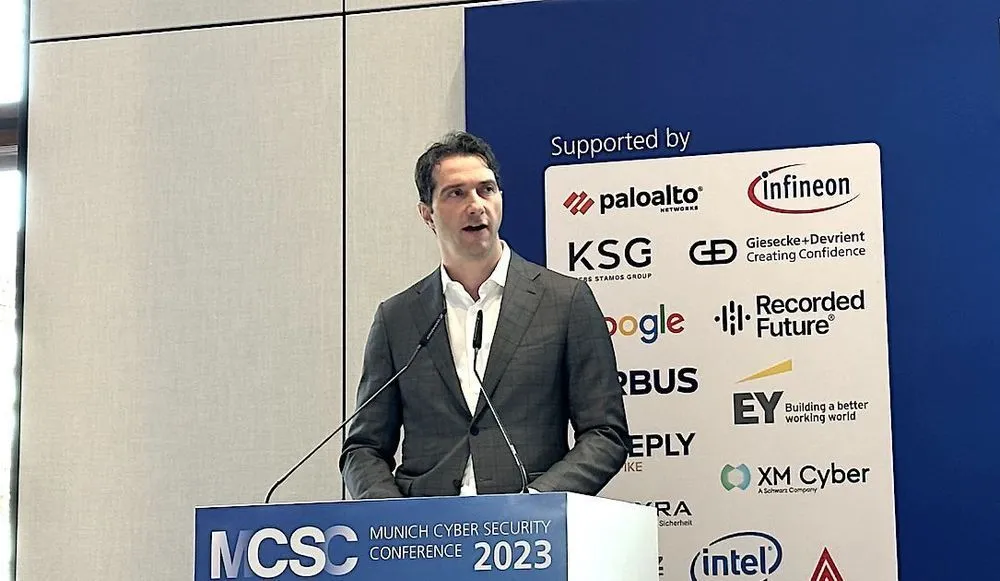Civilian hackers could become military targets, Red Cross warns
Civilians taking to cyberspace to participate in hostilities between Russia and Ukraine could be lawfully exposed to military actions in response, a senior official from the International Committee of the Red Cross (ICRC) warned on Friday.
Mauro Vignati, the ICRC’s advisor on the digital technologies of warfare, told the Munich Cyber Security Conference that the organization is concerned about the potential for undermining humanitarian laws protecting civilians during wartime. Digital volunteers, he said, are complicating the legal calculus.
Although he did not specifically cite either Russia or Ukraine, he spoke about the “civilianisation of military cyber and other digital activities; for instance by providing to civilians digital tools to collect actionable intelligence, or by providing civilians offensive cyber tools.”
Russia’s invasion of Ukraine sparked an unprecedented mobilization of digital volunteers participating in the conflict. During the early days of the invasion, the Security Service of Ukraine created a chatbot on Telegram called “STOP Russian War” which it encouraged civilians to use to report the movements of Russian troops. Officials in the country have also celebrated the activities of the patriotic “IT Army” of Ukraine, made up of domestic and international volunteers.
Today, “anyone with a smartphone” can take part in cyberwarfare, said Vignati. “Digitalization has also transformed the concept of remoteness,” he added — meaning that “while individuals may be physically removed from the theater of hostilities, they are only one click away from the digital battlefield.”
This presents a conundrum in delineating who is a civilian and who is an active participant in the war.
“Encouraging civilian participation in cyber activities during armed conflict could undermine the protection of civilians who must be spared from the effects of armed conflict. That’s why ICRC strongly recommends states to reverse the trend of civilianization of the digital battlefield,” said Vignati.
The references to international humanitarian law may seem unusual in the context of the war in Ukraine, a military invasion widely denounced for breaking international law.
An independent investigation by the United Nations has concluded that Russian forces have committed war crimes during the illegal invasion, including but not limited to the rape and torture of children.
But for the ICRC, the support of humanitarian laws governing war is not simply a matter of changing the behavior of noncompliant states, but also driving states who are compliant to continue supporting international humanitarian law.
Alexander Martin
is the UK Editor for Recorded Future News. He was previously a technology reporter for Sky News and a fellow at the European Cyber Conflict Research Initiative, now Virtual Routes. He can be reached securely using Signal on: AlexanderMartin.79



